In line with TheCable’s policy to deliver knowledge-driven journalism, we have collated some of the questions frequently asked by Nigerians on the current fuel scarcity, and have tried to provide the answers.
The answers to questions raised are based on research, speeches and policy documents of the current and past administrations.
What is fuel scarcity?
This is simply the shortage of petroleum products (fuel) for day-to-day consumption of a given population. It is often experienced when demand outweighs supply of products.
Advertisement
What volume of petrol is consumed in Nigeria daily?
Nigeria consumes between 30 to 40 million litres of petrol on a daily basis. The exact figures have not been compiled by the new NNPC or any other agency, but the new NNPC believes that Nigeria consumes between 30 to 33 million litres per day.
What exactly is causing fuel scarcity?
Advertisement
The cause of fuel scarcity is multifaceted and changes from time to time. However, if the cause of the current scarcity would be pinned to just one reason, that reason would be lack of foreign exchange.
However, the age-long reasons for scarcity could include subsidy corruption, smuggling, moribund refineries, strike actions.
-Subsidy
One of the main arguments against subsidy is that oil marketers take subsidised petrol to Cameroon, Benin and other neighbouring countries to sell at higher prices, making gain off the Nigerian people. This reduces the fuel in circulation for Nigerians.
Advertisement
In the same pipe, oil marketers who are not paid subsidy in time, for the fuel they import, decide to hoard or halt importation of petrol, and that in turn causes scarcity.
-Lack of foreign exchange
According to Ibe Kachikwu, group managing director of the NNPC, NNPC imports about 45 percent of total petrol needed to serve Nigerians, while independent marketers (oil majors) import 55 percent.
Due to lack of foreign exchange for importation, this markets withdrew from importing, hence, creating a void of about 50 percent.
Advertisement
“They (oil majors) didn’t have access to foreign exchange so the critical reason, main critical reason, why you have this supply gap today is that although NNPC has its own 445,000 barrels of crude and is meeting its own, who is meant to meet 50% of your delivery?
“The individuals who should provide the balance of the 40% component are not bringing in any product,” he said.
Advertisement
Currently, NNPC is being forced to “transit from a 45% provider to suddenly 80%, and about this month really to 100% provider of petroleum products in Nigeria”.
Can’t NNPC bring independent marketers on board?
Advertisement
Based on information from the new NNPC, the corporation is doing all within its powers to bring oil majors on board, but paucity of foreign exchange is making that a challenging job.
“The key element has been, how do we find foreign exchange for those who eagerly want to participate in the stream, who have been doing this traditionally, to get into the space, buy their products, come in, distribute,” Kachikwu said in a podcast.
Advertisement
-Subsidy in the guise of price modulation
PPPRA says it is no longer subsidizing petrol, whereas it is – indirectly. Some independent marketers get forex in their own ways, and import, but they cannot begin dispensing until they clear their subsidies with PPPRA.
For instance, if ‘Oil Major A’ brings in fuel at an open market price of N90.59 as reflected on the new pricing template, to sell at N86.50, ‘Oil Major A’ would wait till it is cleared/paid/or get payment commitment from PPPRA.
Hence, the problems raised by subsidy are still with us.
Can’t the CBN just allocate forex for importation?
Nigeria has seen a drastic drop in foreign exchange over the past year. The nation’s foreign exchange reserves fell to an 11-year-low earlier in 2016, due to falling crude prices.
Since the economy has been built around crude oil, a fall in crude oil prices directly affects foreign reserves and limits how generous the central bank can be with forex.
Allocating forex to oil majors in the volumes they need would hurt other sectors of the economy in need of forex, based on the policy options chosen by the CBN and the federal government.
Can’t NNPC collaborate with illegal refineries?
Ben Bruce, a senator from oil-rich Bayelsa state, recently urged the federal government to “legalise and register” illegal refineries, in a bid to meet some of our needs.
Some see this as a good idea, while some others do not. NNPC cannot collaborate with illegal refineries outside the purview of the law, and legalising them may take a while.
This may (or may not) be part of a long-term solution.
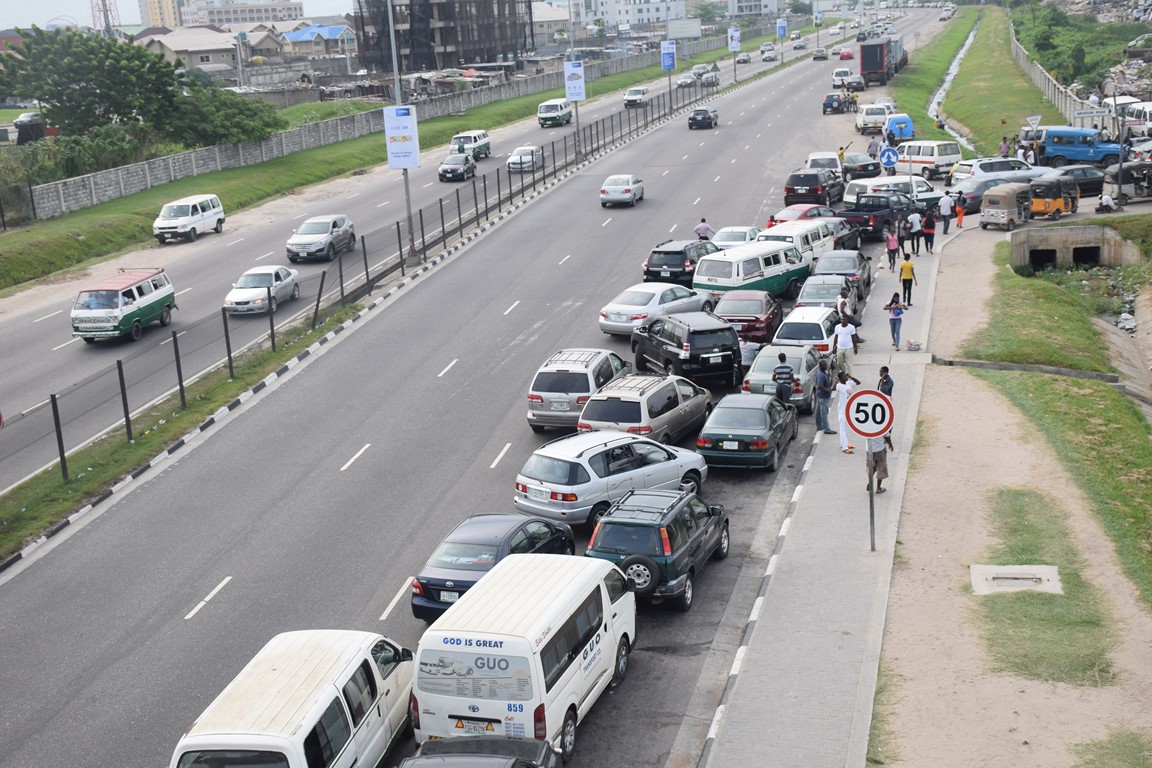
Given the situation, is it right for DPR to force stations to sell at official pump price?
The law remains. Selling above official prices remains illegal, and the department of petroleum resources (DPR) has the powers to regulate sales. It is illegal and unfair for Nigerians to buy fuel meant for N86.50 at N150 per litre.
Some filling stations claim they bought at a higher price from private depots, and cannot sell at N86.50, DPR is expected to look into their books, confirm their claims and take responsible action.
How can fuel scarcity be brought to a lasting end?
A Nigerian queuing for fuel asked earlier in the week: How can Kachikwu, a Harvard graduate, say he cannot perform magic?
Sadly, he cannot. To solve the problems temporarily, we can get forex by all means and take massive importation that would keep the nation wet for over a month. Importation takes more than a week. Fuel cargoes are not flown into the country; they are shipped in. As it has been seen, the April 7 deadline was unrealistic. Optimism may not cut it this time.
However, Kachikwu has a long-term solution; let the private sector handle this.
“The long-term solution is that we have to throw private initiatives to the downstream. We’ve got to have a situation where we create enough policy direction, such that people can get in there and actually do the business.
“The business must go back to where it belongs, which is the private sector, not the public sector and until we do that deal with the issue of pricing, which our price modulation has helped us manage, but not quite completely, we’re not going to solve the problem.”
Why is the NNPC not telling us all these?
NNPC has done some information dissemination on the fuel crisis, perhaps more needs to be done.
What is President Muhammadu Buhari doing about this?
The president would be in the best position to answer this one. But we like to think he has delegated the necessary duties to the state minister for petroleum.
Have more questions? Kindly use the comments section.
1 comments

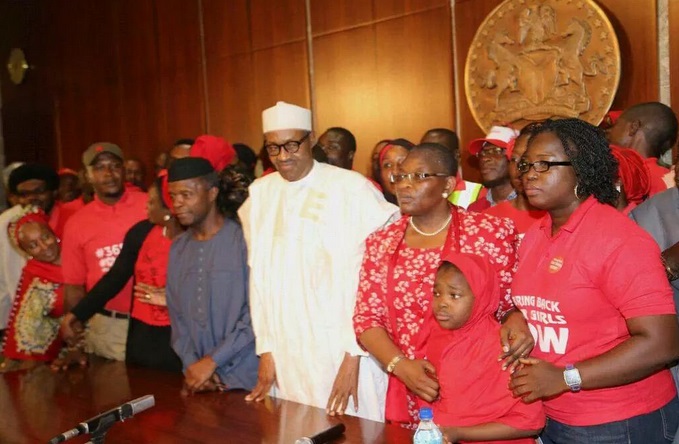
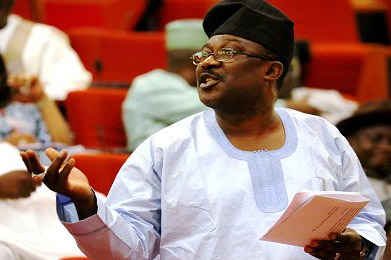
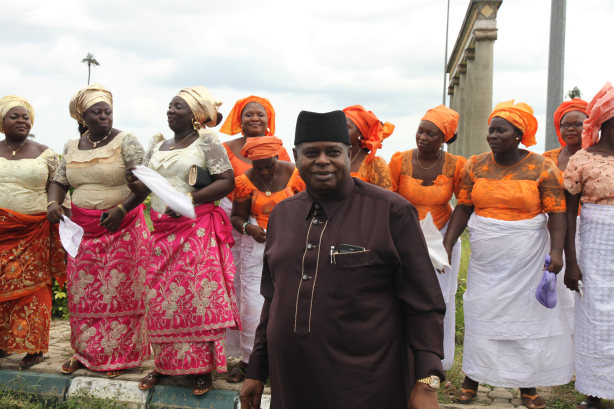
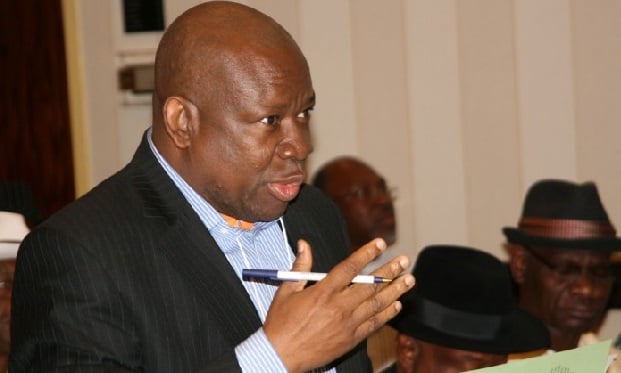
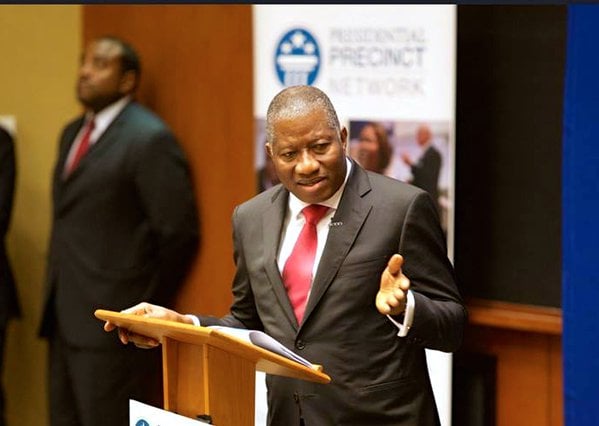
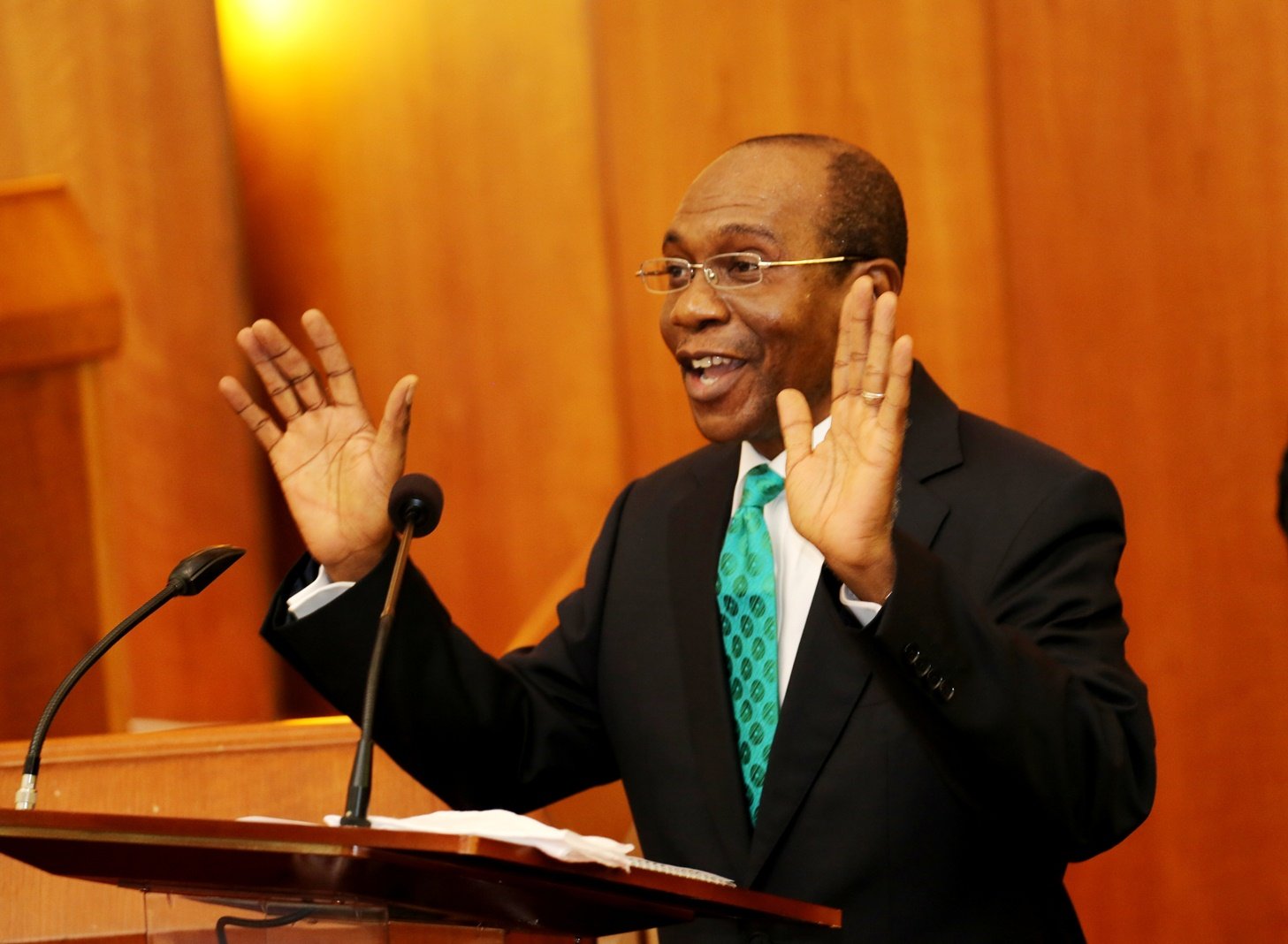
This is why Jonathan has to come and explain his leadership in 6years to Nigerians. How come we earned so much and yet less than a year after his stewardship we are short of foreign exchange to fund investment. He can hide but he cannot run. His government should be a test case for research in our higher institutions. How a man can squandered all the grace showered by god is still very disturbing. Can this paper do the policy analysis of the previous government and why it failed or successful, so that we can avoid the same mistake in the future. God bless Nigeria and Nigerians.